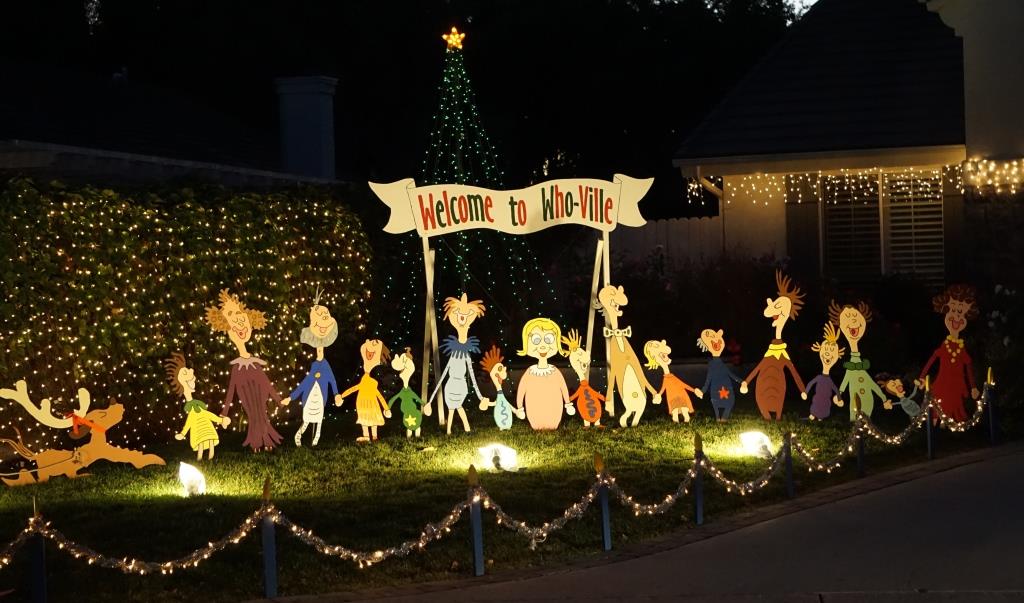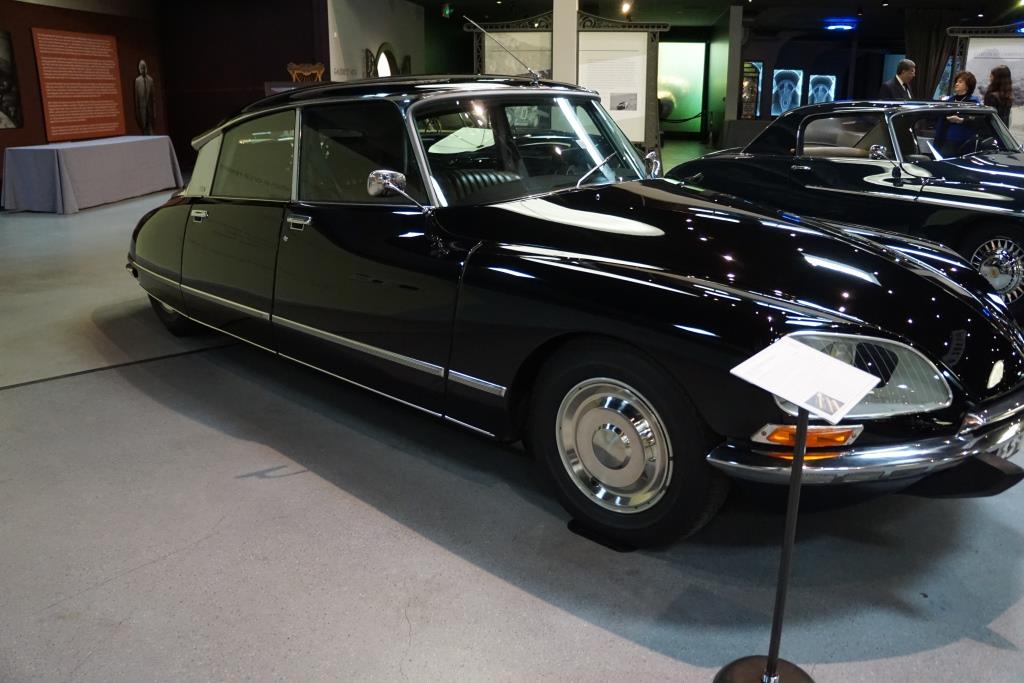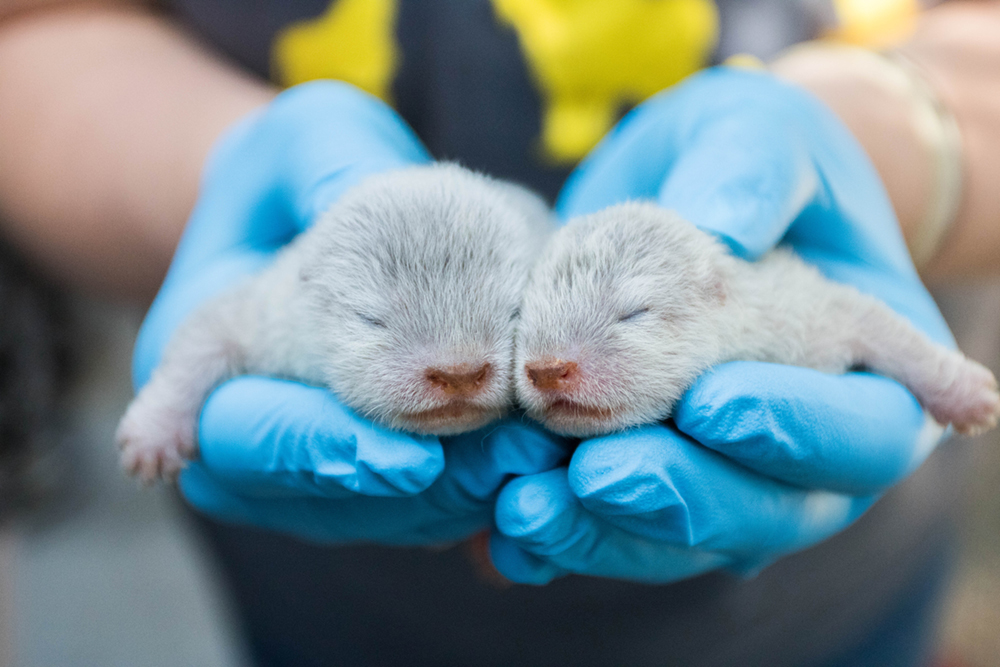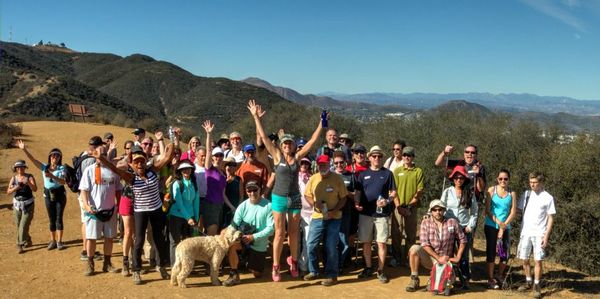About Asian Small-Clawed Otters
Although this species is not listed as endangered, Asian small-clawed otters are seriously threatened by rapid habitat destruction for palm oil farming and by hunting and pollution. They are considered an “indicator species,” meaning their population indicates the general health of their habitat and of other species.
This species, the smallest otter in the world, lives in freshwater wetlands and mangrove swamps throughout Southeast Asia including southern India and China, Indonesia, the Philippines, Borneo, and the Malay Peninsula. They prefer quiet pools and sluggish streams for fishing and swimming. Unlike sea otters, they spend more time on land than in water, but they are skillful, agile swimmers and divers, with great endurance. They can stay submerged for six to eight minutes.
Asian small-clawed otters are about two feet long and weigh under 10 pounds, less than half the size of North American river otters. Their claws do not protrude beyond the ends of the digital pads, thus their names, and their feet do not have fully developed webbing and look very much like human hands.
They are one of the few species of otter that live in social groups. The bond between mated pairs of Asian small-clawed otters is very strong. Both the male and female raise the young and are devoted parents. In the wild, Asian small-clawed otters live in extended family groups of up to 12 individuals. The entire family helps raise the young, which are among the most active and playful of baby animals.
The Santa Barbara Zoo is open daily from 10 a.m. – 5 p.m.; general admission is $17 for adults, $10 for children 2-12, $13 for seniors 65+, and free for children under 2. Parking is $7.
The Santa Barbara Zoo is accredited by the Association of Zoos and Aquariums (AZA).
AZA zoos are dedicated to providing excellent care for animals, a great visitor experience, and a better future for all living things. With its more than 200 accredited members, AZA is a leader in global wildlife conservation, and is the public’s link to helping animals in their native habitats.
















